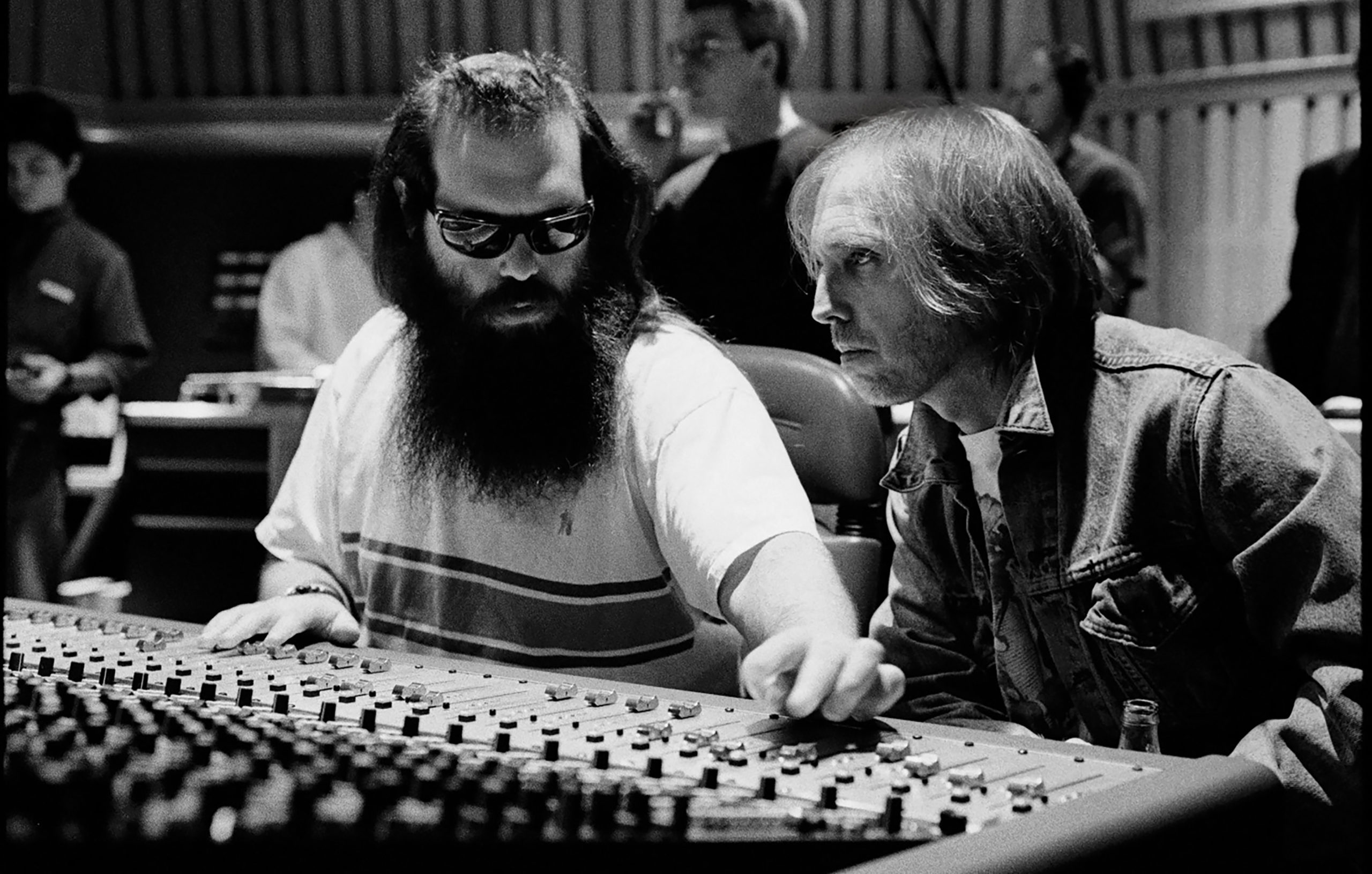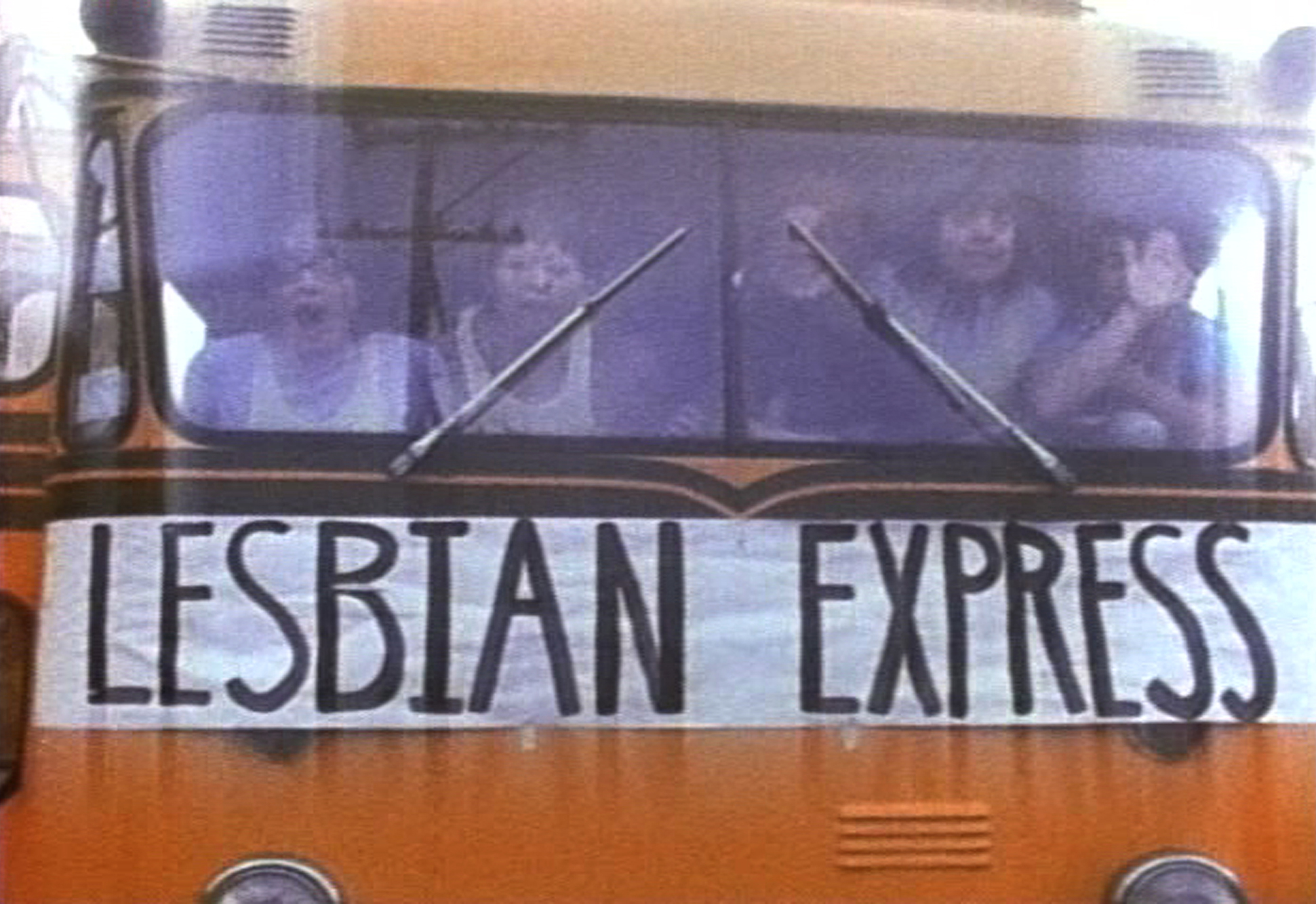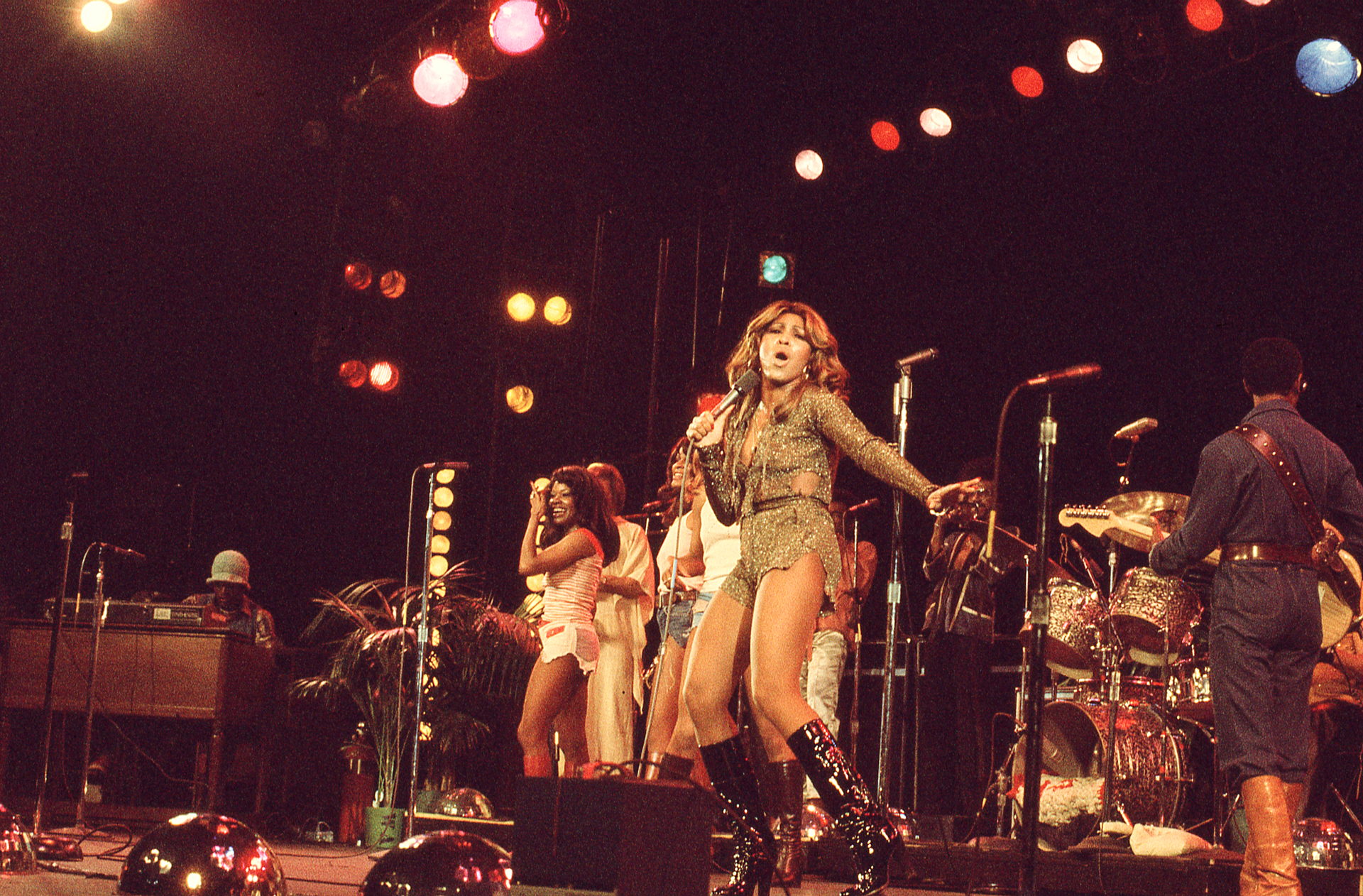Tom Petty: Somewhere You Feel Free
(USA, 89 min)
Dir. Mary Wharton
From the opening notes of Mary Wharton’s Somewhere You Feel Free, the authorized retelling of the making of Tom Petty’s Wildflowers record, things look like they may be pretty dire on the documentary front. We hear the singer/songwriter say in voiceover, “I think I’m a soul singer, because you have to connect with your soul in a way.” His voice sounds full of both sincerity and obliviousness.
This comment is the kind of gormless erasure of the meaning of that term and its connection to an entire history of “race records,” Jim Crow laws, and other aspects of African American musical culture that would not play in today’s discourse from the mouth of a native North Floridian. This is hardly unique, a spirit that’s endemic from superstars who haven’t been called out on their own bullshit, and rarely results in anything interesting to be gleaned from hearing them pontificated. Worse, when it comes to rock docs like this one, we’re more often than not granted little more than a series of plaudits meant to sate fans and further bolster the legacy of a fallen artist.
Luckily, Wharton’s a pro, and she elevates what easily could have been a mere commercial for the posthumous physical release of the deluxe version of this record (which admittedly occupies a considerable amount of the running time). When the film is at its best, however, it’s an engaging look at the creative process with welcome retrospective interviews interspersed with never-before-seen contemporary footage that makes this easily a definitive documentation of this period of Petty’s career. Fans will be in heaven. Viewers who either lost interest after Petty’s big hits diminished or never gave this change in direction a fulsome shot may find themselves swayed by the power of the songs and the spirit of the musicians who brought them to life.
With hours of 16mm footage shot by Petty’s photographer Martyn Atkins in the early 1990s, we witness Petty’s marked shift from his period at MCA music to his new contract with Warner. While making clear he was to break with this being a Heartbreakers’ record (“I wanted the freedom, I wanted to be free of the democratic process” Petty states during one interview), the film shows that this really was a long and convoluted process to fire his long-time drummer Stan Lynch.
Heartbreakers’ guitarist Mike Campbell, keyboard player Scott Thurston, and the then newly arrived drummer Steve Ferrone provide retrospective reflections upon that period. Joined by the ever conversational Rick Rubin, the producer on the original sessions at the famed Sound City Studios in the Van Nuys area of Los Angeles, we witness old school, big budget recording, where a sea of expensive microphones, a warm and wood-lined room was overseen by a mixing board that looks like the controller for some science fiction monstrosity.
The film leans into this notion of Petty’s transition, as Wildflowers demonstrated not only a professional shift but also a personal one. With the full cooperation of Petty’s daughter Adria (who serves as one of the film’s executive producers), we hear how the lyrics scattered throughout the album about finding a new beginning were reflections upon a dissolving marriage that was taking place around the same time. To her credit, Adria’s contributions aren’t merely the warm reminiscences of a daughter eulogizing her father, which is perhaps unsurprising given her own career as a documentarian (Petty’s Paris, Not France, about Ms. Hilton, premiered at TIFF in 2008) and music video director for the likes of Beyoncé, Regina Spektor and Rhianna.
The shifts back and forth between the Petty interviews, clearly conducted for promotional purposes, and the new interviews looking back on the project by the musicians in the room with him, manage to provide just enough to undercut some of the more prosaic and repetitive utterances that rock stars are forced to provide in contribution to the star-making machinery. We’re treated to many musical glimpses from both the writing sessions as well as the unmixed portions when it was simple acoustic instruments and artists finding their way through various chord sequences and melodic shifts.
These moments of fly-on-the-wall studio work will be a boon for any fan. With the songs stripped down even further from Rubin’s famously sparse production technique, they take on an even more powerful voice, making overt their connection to not only folk and Americana but to the simple craft of pure songwriting. Crosscut to live performances in front of tens of thousands (which during COVID equally feels like another punch from a time long past), the songs are given new life and new context.
Like the exceptional Classic Album series that the film owes quite a lot to (Wharton herself contributed to a number of similar VH1 music films), Somewhere You Feel Free celebrates the artist and the recording, tells the story that took place behind the music, and conveys why it still matters to people who may not have been aboard on the first go ’round. While overtly tied to the promotion of this new re-release, the film itself is far more accomplished that any throwaway EPK or simplistic reminiscence.
There’s real meat on the bones here, and as someone who is ambivalent at best about Petty’s music, and ignorant about much of what made Wildflowers the album that he himself declared his masterpiece; the film makes a suitable argument for this to be the most mature, the most personal, and perhaps the most accomplished of his output. Coupled with the “lost” tracks that were dropped for space, one can easily see why fans were so excited about the new, long-awaited release.
Somewhere You Feel Free is heaven for those already about the Petty train, and even this cynical non-fan found himself swayed by the musical integrity and charisma of the performances. It’s a fascinating period in both musical production and a shift to a very different kind of popular music that relied far more on production craft rather than bands eking things out in the room, so there’s inevitably a spirit of nostalgia at play. The overt negativity is certainly softened, and no one could accuse the film of being journalistically ambitious. Still, this is an extremely well-crafted appreciation of an artist, his collaborators and a remarkable period in his career, allowing for us to walk through Wildflowers and be swayed by its beauty.
Somewhere You Feel Free premiered at SXSW.












